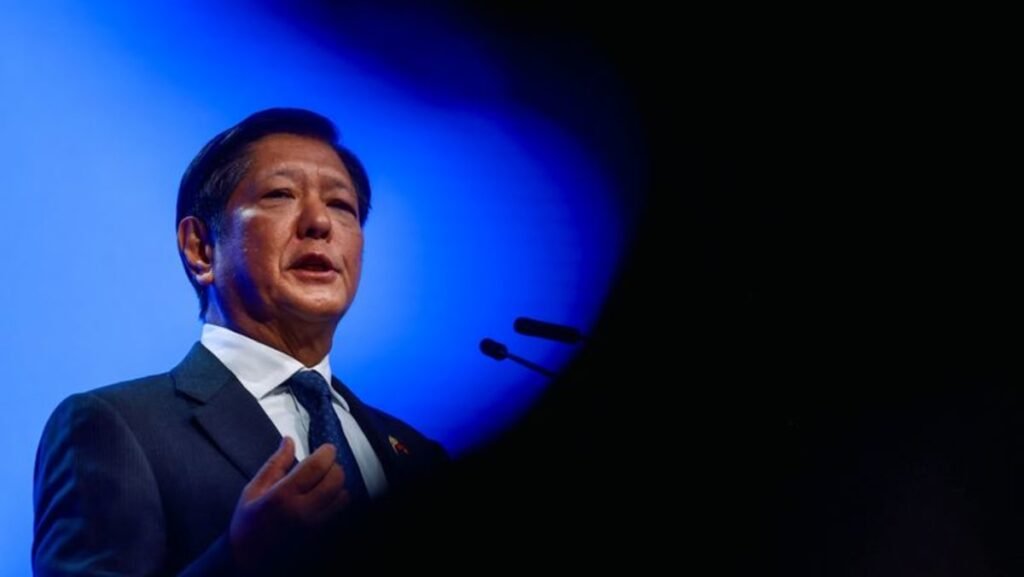Beijing rejects the 2016 ruling by The Hague-based Permanent Court of Arbitration, which stated that its expansive maritime claims in the South China Sea had no legal basis. The Philippine military has presented the president with options for operations in the region, with the main goal being to bring supplies to troops and practice freedom of navigation without escalating tensions. However, there will be no significant changes to current resupply operations.
During a briefing, the Philippines’ armed forces announced that they would be coordinating with Senator Imee Marcos, who claimed to have knowledge of a Chinese plan to target her country with hypersonic missiles. Senator Marcos, the president’s sister and head of the senate foreign relations committee, posted a video on TikTok making the claim but provided no evidence to support it. The Chinese foreign ministry stated that they do not know where these claims originated from, maintaining that Beijing follows a defensive national defense policy and does not pose a threat to any country.
The Philippines has been engaging in discussions and activities aimed at strengthening its position in the South China Sea, as tensions with China continue to simmer. The military’s focus is on ensuring the safety of its troops and maintaining its rights to navigate freely in the contested waters. The coordination with Senator Marcos indicates a willingness to take any potential threats seriously, despite the lack of concrete evidence supporting the claims of an impending Chinese missile attack.
The Chinese government reiterated its stance on national defense and regional stability, emphasizing that it will not tolerate any violation of its rights and interests or threats to peace in the region. The statement by the Chinese foreign ministry comes in response to the claims made by Senator Marcos, seeking to assure that China is not actively seeking to target any specific country with military action. Beijing’s position remains defensive, with a focus on safeguarding its own interests while maintaining peace and stability in the South China Sea region.
The ongoing tensions and military activities in the South China Sea highlight the complex and volatile nature of the territorial disputes in the region. The Philippines, like many other countries in Southeast Asia, is navigating a delicate balance between asserting its sovereignty and avoiding direct confrontation with China, a major regional power. The coordination with Senator Marcos and the discussions within the Philippine military point to a proactive approach to addressing potential threats and maintaining a strong presence in the disputed waters.
As the situation in the South China Sea continues to evolve, it is clear that the Philippines and other claimant states will face ongoing challenges in asserting their rights and safeguarding their interests in the region. The rejection of The Hague ruling by Beijing underscores the longstanding disputes and conflicting territorial claims that remain unresolved. The coordination between the Philippines’ armed forces and political figures signals a multifaceted approach to addressing security concerns and maintaining stability in the contested waters, as both sides seek to navigate the complex geopolitics of the South China Sea.

